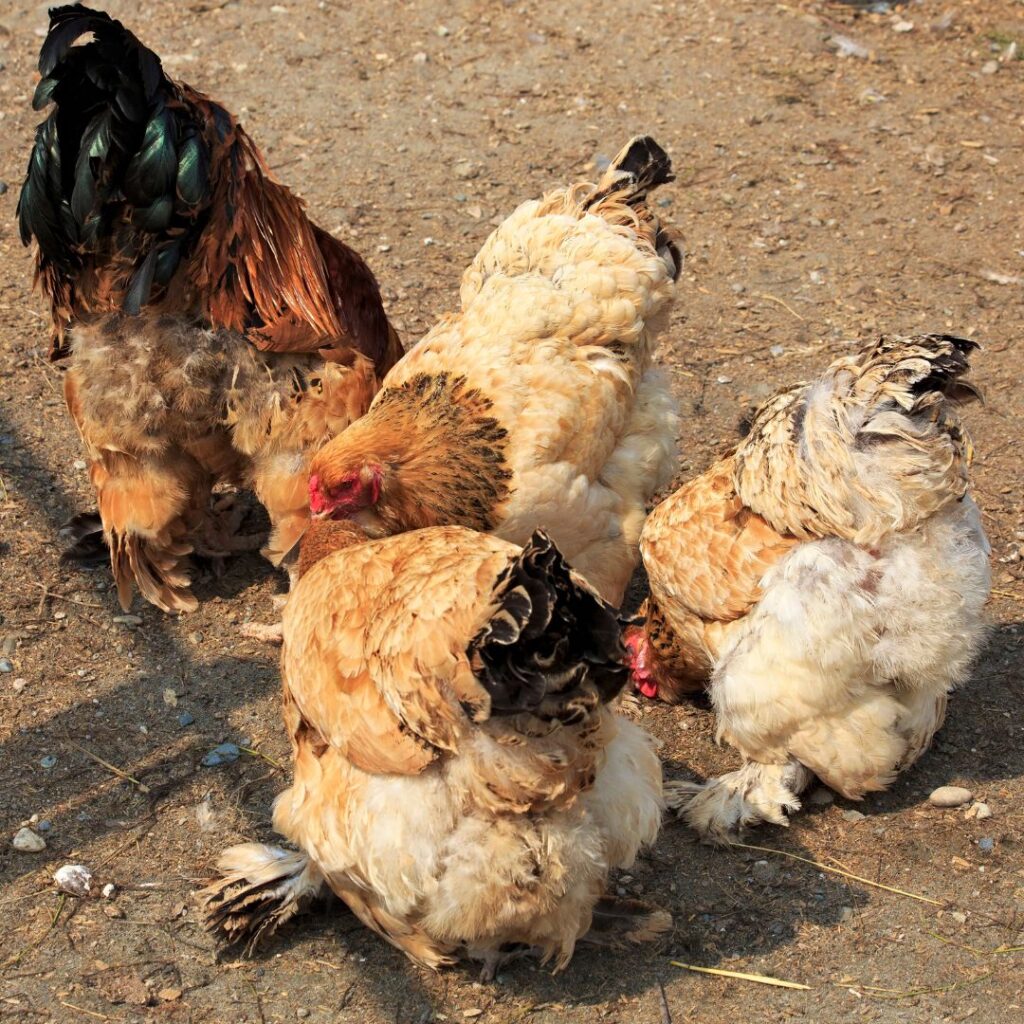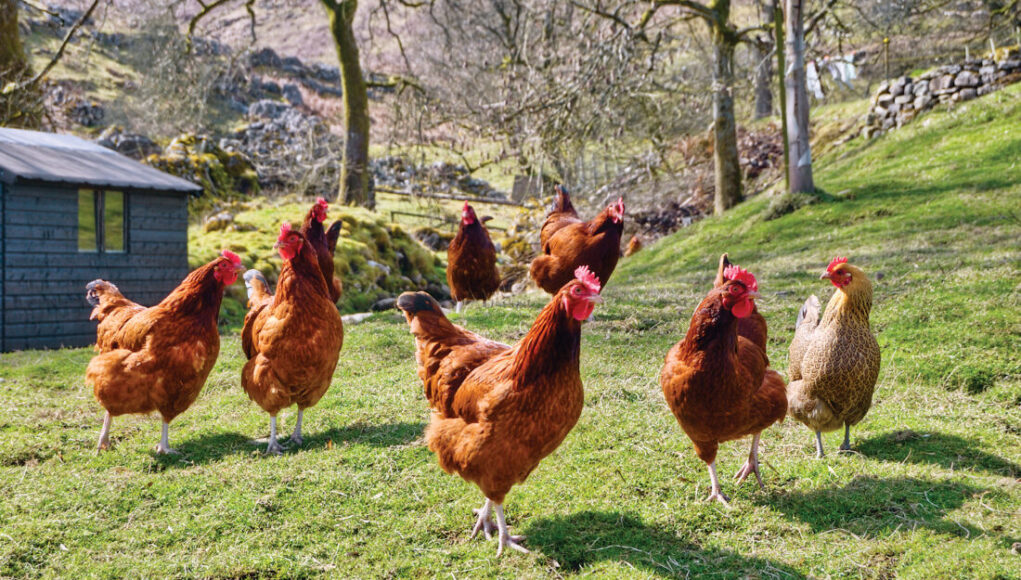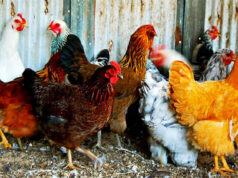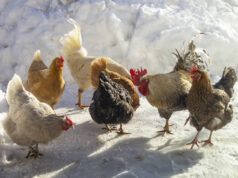Whether you’re a seasoned poultry enthusiast or a beginner, understanding how to take care of a sick chicken is crucial for ensuring the well-being of your flock. Chickens, like other pets, can fall ill, and prompt care can make all the difference in their recovery. In this article, we will guide you through the important steps and tips, based on practical experience and expert recommendations.

Recognizing Signs of Illness
Behavioral Changes
One of the first steps in understanding how to take care of a sick chicken is to recognize the behavioral changes. Look out for lethargy, lack of appetite, and isolation from the flock. Early detection can significantly improve the chances of recovery.
Physical Symptoms
Check for physical symptoms such as discolored combs, unusual droppings, and labored breathing. These symptoms should prompt immediate action and consultation with a veterinarian.

Setting Up a Quarantine Zone
Importance of Isolation
Isolating a sick chicken is essential to prevent the spread of disease to other members of your flock. Ensure the isolation area is clean, warm, and free from drafts.
Cleaning and Disinfecting
Before moving your sick chicken to the quarantine zone, thoroughly clean and disinfect the area. Regular cleaning will help in minimizing the risk of infection.

Providing the Right Diet
Nutritious Feed
A well-balanced diet is crucial for the recovery of a sick chicken. Provide a combination of commercial feed, fresh greens, and occasional protein sources like mealworms.
Hydration
Ensure your chicken is hydrated. Offer clean, fresh water regularly and consider adding electrolytes and vitamins to aid in recovery.

Administering Medication
Consulting a Veterinarian
Always consult a veterinarian before administering any medication. They can provide the correct diagnosis and recommend appropriate treatments.
Common Treatments
Your vet may prescribe antibiotics or antifungals, depending on the illness. Follow the dosage instructions carefully to avoid any side effects.
Monitoring Progress
Daily Checks
Perform daily checks to monitor the progress of your chicken. Note any changes in behavior or symptoms and report these to your veterinarian.
Keeping Records
Maintain a log of the symptoms, treatments, and any changes in your chickens health. This information can be valuable for future reference.
Preventive Measures
Vaccination
Regular vaccination can prevent many common diseases in chickens. Consult your vet for a vaccination schedule.
Biosecurity
Implement strong biosecurity measures to protect your flock from pathogens. Limit access to your coop and ensure proper hygiene.
Handling Common Illnesses
Respiratory Diseases
Respiratory diseases are common in chickens. Symptoms include sneezing, coughing, and nasal discharge. Isolate the affected chicken and consult a vet immediately. Read more
Parasitic Infections
Parasitic infections like mites and lice can cause significant discomfort. Regularly inspect your chickens’ feathers and skin and use appropriate treatments. See symptoms
The Emotional Aspect
Reducing Stress
A sick chicken is likely stressed. Minimize stress by providing a calm environment, gentle handling, and constant companionship.
Owners Role
Your role as an owner is crucial. Show patience, care, and diligence in following through with the treatment plan. Your chicken will sense your concern and this will aid its recuperation.
External Resources
For additional advice, consult resources like Durvet’s Poultry Care Guide to better understand chicken healthcare needs.
FAQ
What should I do if my chicken isnt eating?
First, ensure clean water and fresh food are available. Try offering treats like mealworms. If the chicken continues to avoid food, consult your veterinarian immediately.
Can I treat my chickens illness at home?
Basic care such as hydration, diet, and cleanliness can be managed at home. However, for proper diagnosis and medication, always consult a veterinarian.
How long does it take for a chicken to recover?
The recovery time varies based on the illness and the chickens overall health. Most chickens recover within a week to ten days with proper care. More severe conditions might take longer.
As an Amazon Associate, I earn from qualifying purchases.









